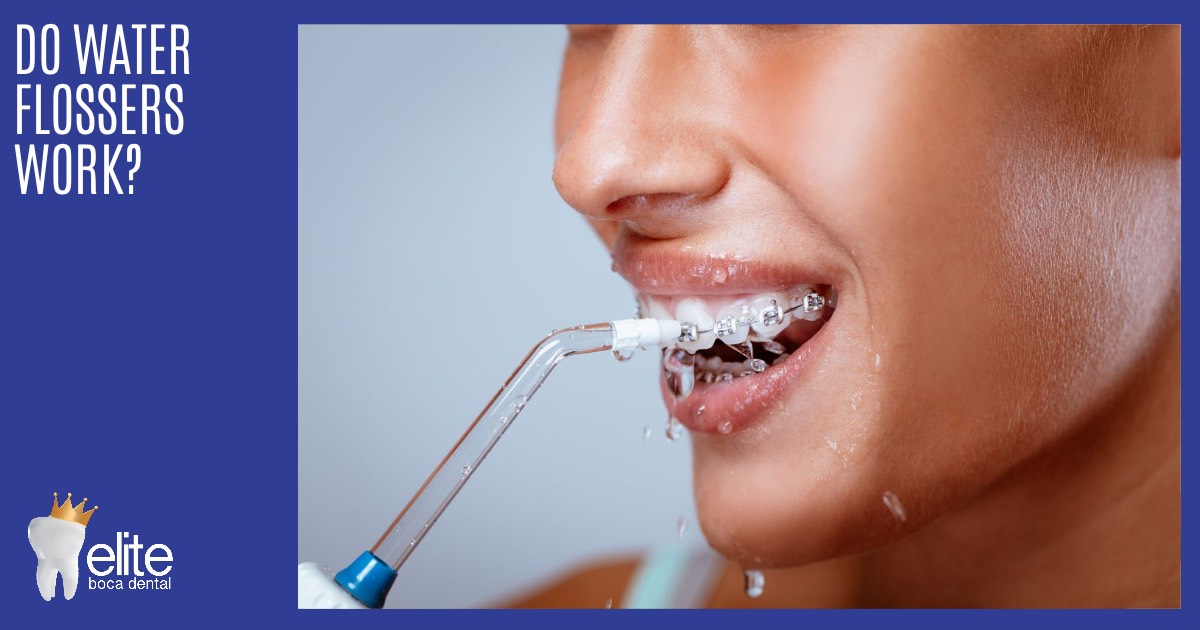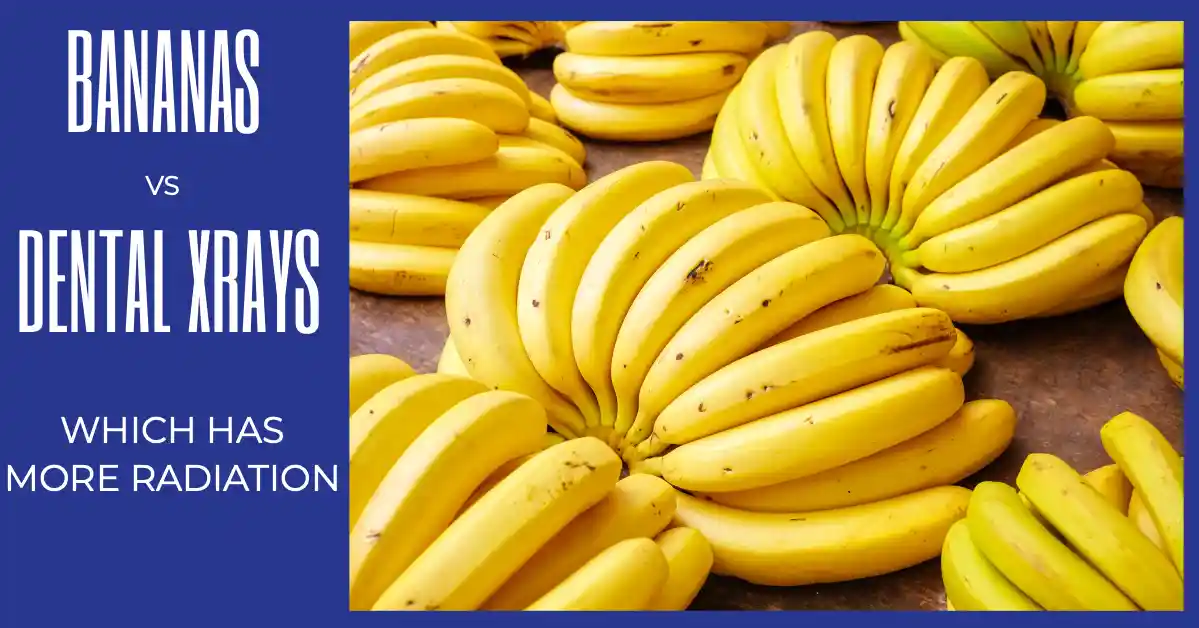
Do Water Flossers Work?
Patients frequently inquire about water flossers as an alternative to traditional flossing. However, there exists uncertainty surrounding the effectiveness of oral irrigation. Even within the dental community, opinions vary, making it challenging to recommend water flossers confidently. To clarify this matter, let's delve into the research.
Flossing Research
Over the past 50 years, numerous studies have indicated that water flossers are superior in removing biofilm from tooth surfaces and bacteria from periodontal pockets compared to string floss and manual toothbrushing, whether used together or separately. For instance, a study by Goyal et al. discovered a remarkable 74.4% reduction in overall plaque and an 81.6% reduction in interproximal plaque with these flossers, in contrast to only 57.7% overall and 63.4% interproximal plaque reduction achieved with string floss. While it is plausible to attribute these differences to technique rather than product effectiveness, considering alternatives becomes crucial when patients struggle with poor technique, compliance, or simply dislike traditional flossing methods.
Water flossing not only eliminates bacteria from the periodontal pocket but also significantly reduces the total aerobic flora. Notably, studies conducted by Braun and Ciancio revealed that water flossers achieve 90% pocket penetration when probing depths are below 6 mm. Moreover, water flossing does not harm the epithelial lining of the pocket or exhibit any signs of tissue penetration.
When properly used, water flossers pose no risk to the attached gingiva. Healthy tissue can endure pressure up to 160 psi for 30 seconds without incurring irreversible damage. For inflamed or ulcerated tissue, it is recommended to use pressure between 50-70 psi. The pulsating action of these flossers ensures effective bacteria removal. Furthermore, the incidence of bacteremia associated with water flossing is comparable to that of other self-care practices like toothbrushing and traditional flossing.
Do Water Flossers Work Conclusion
In conclusion, the plethora of research supports water flossers as a reliable alternative to traditional flossing. Improved plaque removal, reduced bacteria in periodontal pockets, and safe use on the gingiva make water flossers an intriguing option worth considering for enhanced oral hygiene.
As your dental health professionals, your well-being is important to us. We are here to assist in your oral health. Feel free to reach out and call the office should you have any concerns or questions about dementia and oral hygiene at 561-482-7008, or reach out to us through our contact page.
Stay Up To Date, Follow us on Social Media.
Share This Story, Choose Your Platform!
continue reading
Related Posts
Bad breath affects approximately 25% to 65% of the United States population, creating significant social and .....
The debate about fluoride in drinking water has been making headlines, especially with more...
Radiation exposure is a common concern among dental patients when it comes...







Recent Comments